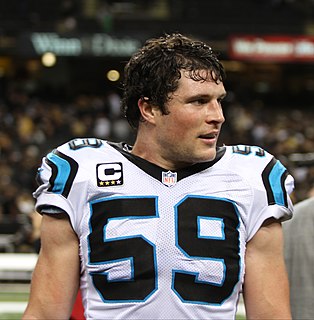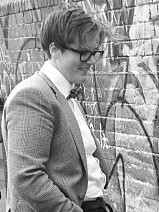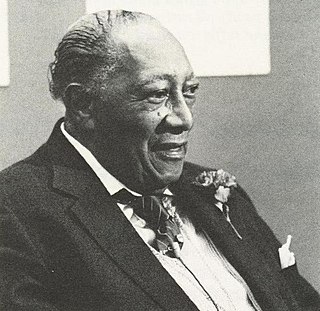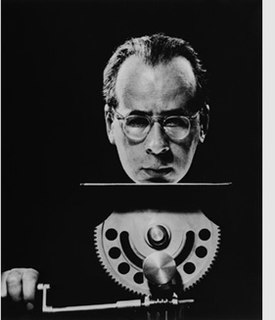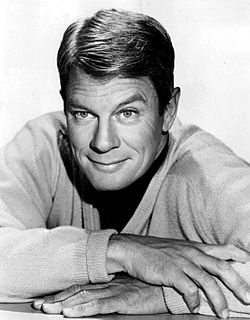A Quote by Brene Brown
Shame works like the zoom lens on a camera. When we are feeling shame, the camera is zoomed in tight and all we see is our flawed selves, alone and struggling.(page 68)
Related Quotes
You see it is important to understand how damaged people don't always know how to say yes, or to choose the big thing, even when it is right in front of them. It's a shame we carry. The shame of wanting something good. The shame of feeling something good. The shame of not believing we deserve to stand in the same room in the same way as all those we admire. Big red As on our chests.
Shame has its place. Shame is what you do to a kid to stop them running on the road. And then you take the shame away, and immediately, they're back in the fold. You should never soak anybody in shame. It's the prolonged existence of shame that then flips out into destructive rage. We can't exist in that. It's like treacle.
I believe we all have lists of shame. Long lists. We live with our constellation of shames quite privately. But they weigh us down. I wish I could abracadabra away shame. This is such a waste of our small time on earth. Our bodies are often the focus of shame. The shame of the body changing. Of the sexual body. Of the aging body. Not being able to do what you once could do. Even just looking at your skin as you age, the texture, the wrinkle, the sag, and somehow feeling ashamed and responsible for its changes.
I started in documentaries. I started alone with a camera. Alone. Totally alone. Shooting, editing short documentaries for a French-Canadian part of CBC. So to deal with the camera alone, to approach reality alone, meant so much. I made a few dozen small documentaries, and that was the birth of a way to approach reality with a camera.
The difference between an amateur and a professional photographer is that the amateur thinks the camera does the work. And they treat the camera with a certain amount of reverence. It is all about the kind of lens you choose, the kind of film stock you use… exactly the sort of perfection of the camera. Whereas, the professional the real professional – treats the camera with unutterable disdain. They pick up the camera and sling it aside. Because they know it’s the eye and the brain that count, not the mechanism that gets between them and the subject that counts.
In drama, you're interacting with other actors to tell the story. The camera is like the theater: it's the artistic fourth wall. In a screen play, you don't look at the camera and communicate with it. But with hosting, you're looking right into the lens and talking to the people. It is a different style, and it's fascinating.



